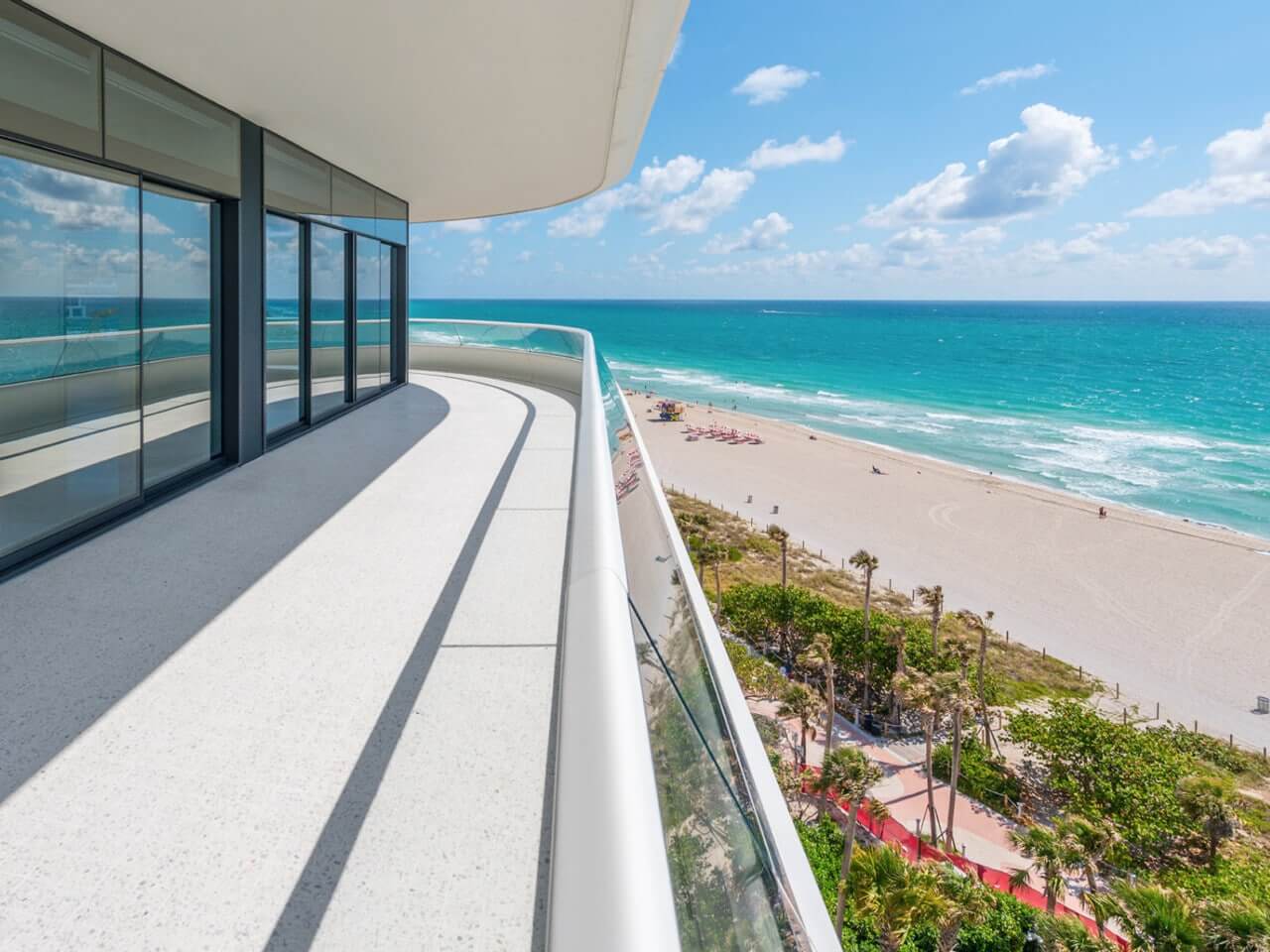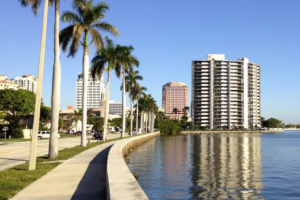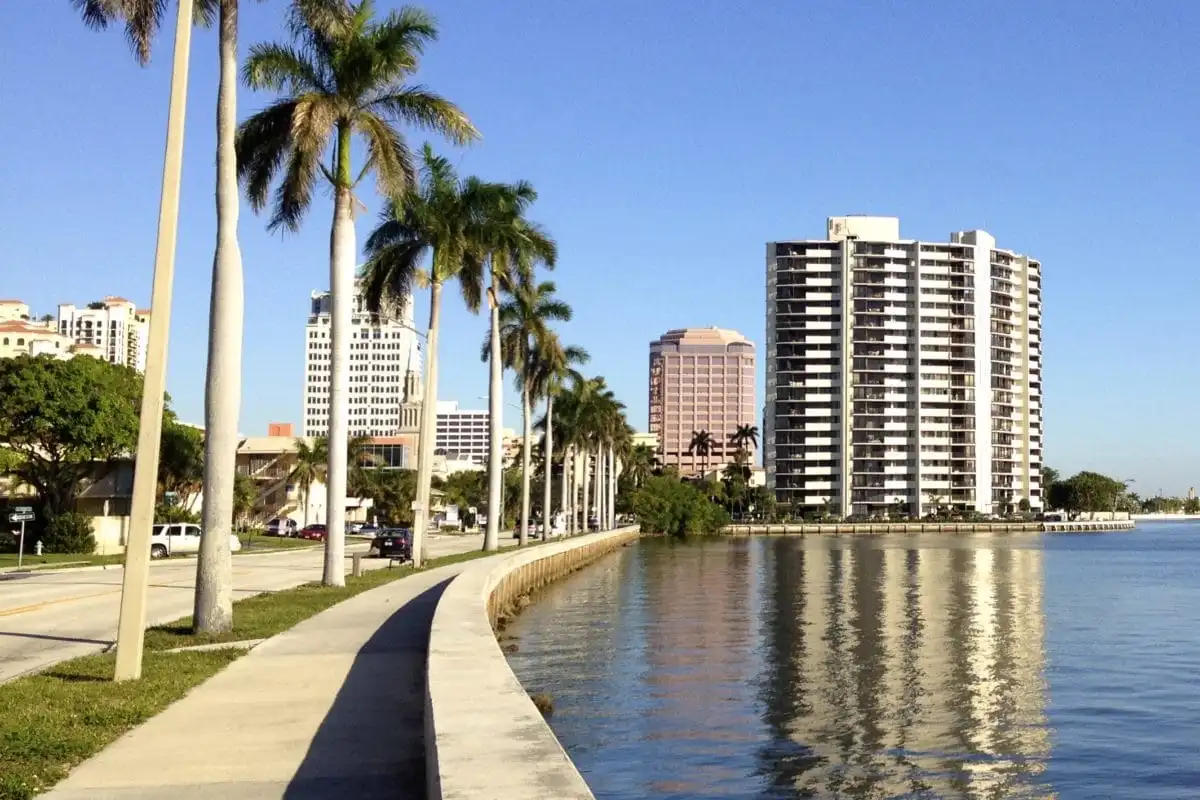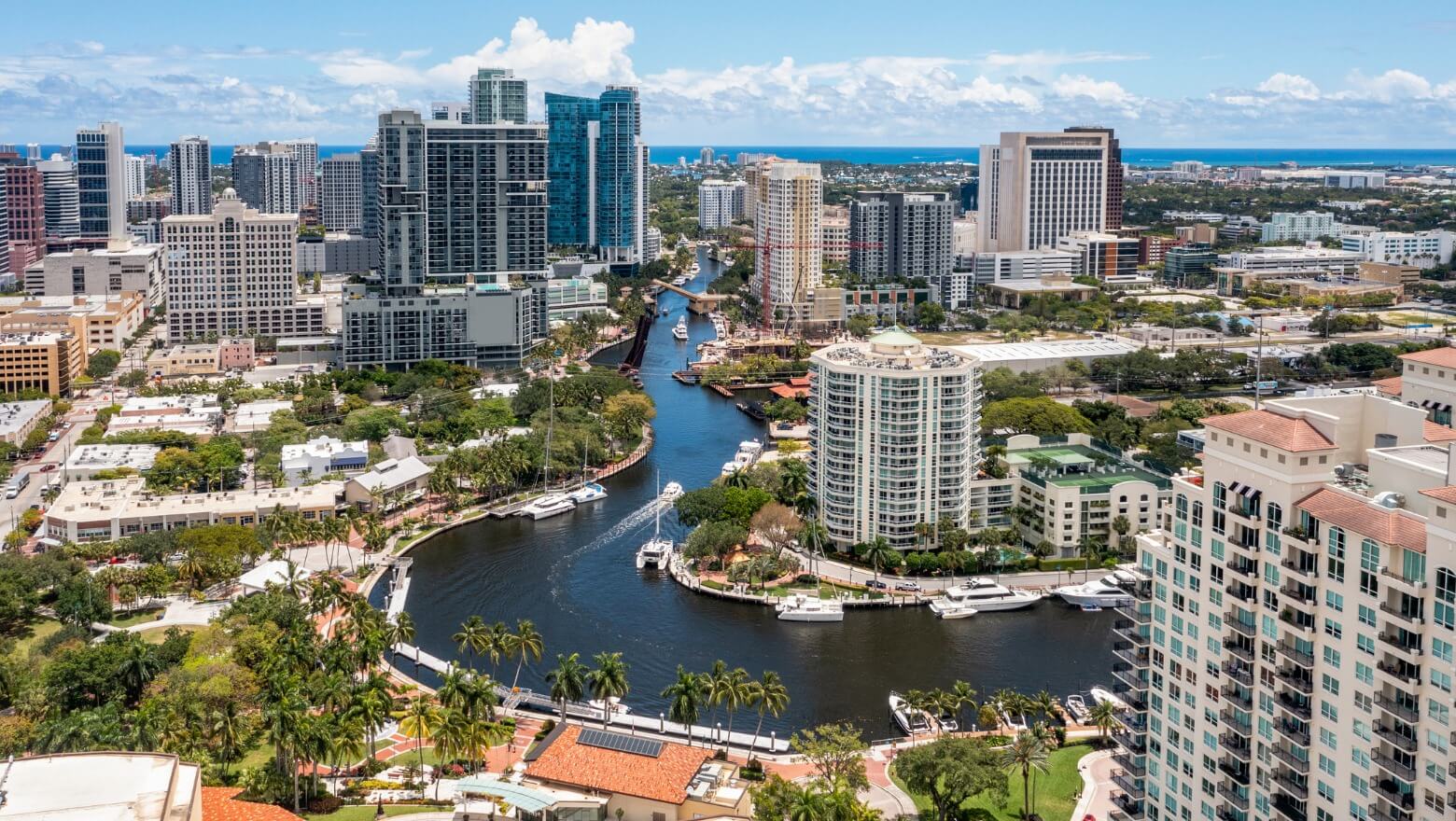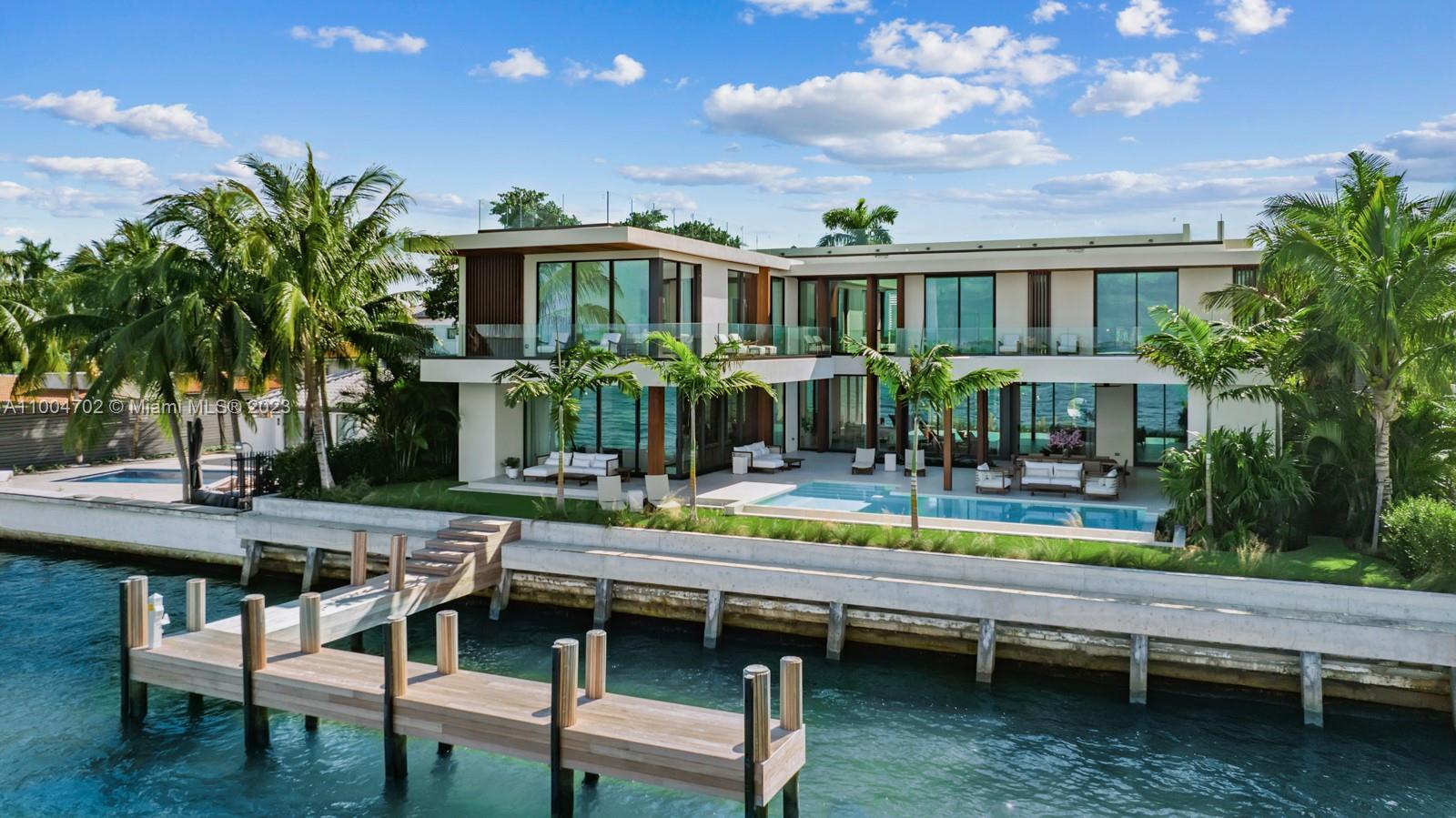Miami-Dade's No-Bid Land Deals: How County Commissioners Are Distributing Public Assets
The Modern Homestead Act: How Miami-Dade County Is Distributing Valuable Land
In Miami-Dade County, where development parcels regularly fetch upwards of $1 million per acre, a curious pattern has emerged in how the county disposes of so-called "surplus" public lands. Since 2023, three significant property transactions have bypassed traditional competitive bidding processes, with county commissioners authorizing deals that have transferred control of valuable public assets to selected developers with minimal public scrutiny.
The most striking example is the Homestead Town Center transaction, where 24 acres of county-owned land sold for just $12.4 million—roughly $517,000 per acre in a market where comparable parcels command nearly double that price. Even more remarkable: the other two transactions cost their recipients nothing at all, mirroring the spirit of Abraham Lincoln's 1862 Homestead Act, which granted 160 acres of public land to qualifying Americans who agreed to develop it.
These arrangements have raised significant concerns about transparency and whether the county is obtaining maximum value for public assets.
The Controversial Administrative Order Enabling No-Bid Deals
An administrative order approved by the county commission in 2022 created the pathway for these transactions. This order empowers any Miami-Dade official to support developer proposals for underutilized government properties, essentially circumventing competitive bidding requirements normally mandated by local and state law.
"People are going straight to the commissioners and cutting these types of deals," explained one anonymous affordable housing developer currently working on county projects. "There is no advertisement for selling the land and there is no competitive process. You only hear about them once they are placed on a county commission agenda. By then, the deals have already been cooked."
Robert Jarvis, an ethics law professor at Nova Southeastern University, raised serious concerns about the legality of this approach: "It sounds illegal. It could be that these projects make the most money for the county or provide the most benefit for residents, but when you don't have a competitive process, the county doesn't know if it is getting the best possible deal."
The Homestead Town Center: Entertainment Vision or Financial Mystery?
The first and most expensive of these deals involved the sale of 24 acres near a U.S. Air Force base to an unlikely development team: Ahmand Johnson, a sports and entertainment lawyer, and Jossua Parini, an events producer and party promoter. Despite having no previous development experience, they secured approval for their concept of creating an entertainment venue featuring restaurants housed in renovated cargo containers, a mini-golf course, amphitheater, dog park, and playgrounds.
The Miami-Dade Inspector General's office flagged numerous concerns before the vote, including:
- The developers initially claimed financial backing from Cider Moon Investment Group, which would own 50% of the project despite focusing primarily on apartment developments
- The inspector general discovered the original proposal stated the container park would operate at a loss without an apartment component
- County staff relied solely on the property appraiser's valuation rather than seeking independent appraisals based on development potential
- The ownership structure remained "shrouded in mystery"
Despite these red flags, the county commission approved the deal in a 7-1 vote. A year later, the commission unanimously amended the agreement to allow exploration of affordable housing components and granted a five-month extension on the due diligence period.
Questions about financing remain unresolved. Chris Mooney, Cider Moon's managing partner, recently revealed his company was never actually a partner: "It was just a proposal, but it ended up not working out and [we] never actually got involved in the project."
Terra's South Dade Workforce Housing: A 99-Year Gift?
The second no-bid arrangement involved Terra, the established Coconut Grove-based development firm led by David Martin. Commissioner Danielle Cohen Higgins championed Terra's unsolicited proposal to build workforce housing on 7.2 acres of county parking lots near the South Dade Government Center in Cutler Bay, with an option to expand to 10.6 acres.
Although an independent appraisal valued the entire parcel at $15 million, Terra negotiated a 99-year leasehold requiring no immediate payment. Instead, the company agreed to pay up to $227 million in rent over the lease's lifetime if all 674 planned units are built. Terra's proposal projects the development will generate $3.2 million in annual net operating income during its first year, growing to $9.8 million by year six.
The projected county revenue from this deal mysteriously increased by $129 million between the initial proposal and final version, without explanation. During committee hearings, Commissioner Eileen Higgins criticized the lease payments as "outrageously low," while Commissioner René Garcia pushed for more affordable housing units. The full commission ultimately approved the deal 10-1 after Terra agreed to reserve 10% of units for low-income residents.
Free Miami River Land: Development Experience Optional
The third transaction awarded a half-acre Miami River lot—in one of Miami's hottest waterfront development areas—to Goldstein Kite Environmental, a Vero Beach-based environmental cleanup firm with no apparent housing development experience. The company had previously purchased an adjacent 2-acre parcel for $4.5 million.
In exchange for receiving the land at no cost, Goldstein Kite agreed to:
- Reserve 10% of units for "extreme low-income" renters
- Designate 15% for tenants earning 60-100% of the area median income ($79,400)
- Allocate 25% for workforce housing
- Clean up environmental contamination on both parcels
Despite the firm's lack of residential development experience—their website highlights only environmental remediation projects where they prepared sites for other developers—Commissioner Marleine Bastien strongly advocated for the deal, stating: "The housing crisis demands our immediate attention... letting it slip away would be a missed opportunity."
The commission approved this arrangement 12-1, despite questions about the developer's qualifications.
Insights: The Public Interest Questions
Are no-bid land deals truly beneficial for addressing the housing crisis?
While these deals promise affordable and workforce housing units, the lack of competitive bidding means the county cannot determine if better terms, more units, or greater public benefit might be available from other developers. True emergencies may justify no-bid contracts, but as Professor Jarvis notes: "There may be an affordable housing crisis, but it is not an emergency."
How much value are Miami-Dade taxpayers losing through these arrangements?
Without competitive bids or comprehensive market-rate appraisals, it's impossible to quantify the potential lost value. The Homestead Town Center's $12.4 million price for 24 acres represents just over half of market rate, while the Terra and Goldstein Kite deals provided valuable land at no upfront cost.
Why aren't these land dispositions subject to public bidding?
The 2022 administrative order allows commissioners to bypass traditional competitive processes. This approach concentrates decision-making power with individual commissioners rather than allowing the market to determine optimal use and fair compensation for public assets.
Are these deals truly delivering affordable housing?
Most of these projects reserve only a fraction of units for truly affordable housing. The Terra project initially included no specifically affordable units, and only added 10% after commissioner objections. The majority of units in these developments are market-rate or "workforce" housing, which serves higher income levels than traditional affordable housing.
How are commissioners selecting which developers receive these opportunities?
The selection process remains opaque. With no public bidding or standard evaluation criteria, it's unclear how commissioners determine which developers receive exclusive access to valuable public land, raising questions about potential conflicts of interest and favoritism.
Until Miami-Dade implements more transparent and competitive processes for surplus land disposition, questions will persist about whether these arrangements truly maximize public benefit or simply reward connected developers with discounted access to increasingly scarce public assets.

